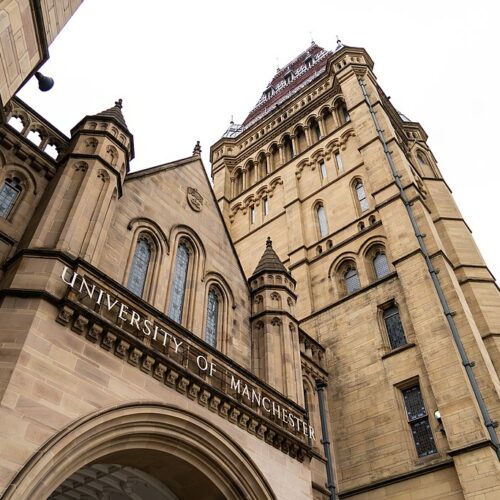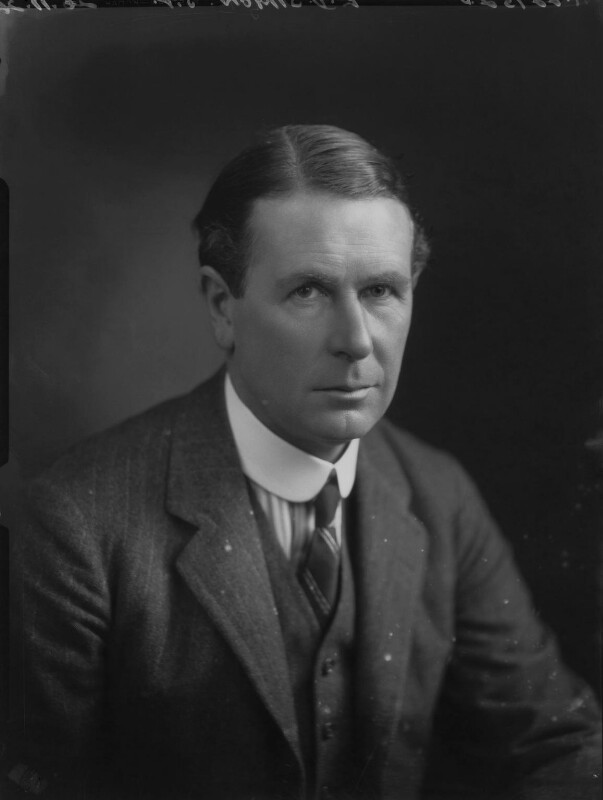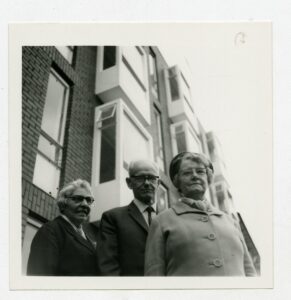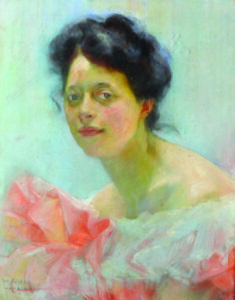

Object: to provide an ‘open forum’ for the fearless consideration of modern problems relating to ethics, sociology, education, political theory, economics, science and art.
Manchester University Ethical Society was founded in 1930, and became one of the most sizeable groups of the UK Ethical movement. According to the Liverpool Echo, in 1934 it was ‘the largest of its kind in the world’. A number of its leaders were illustrious figures in the world of academia, and the Society built up a significant membership, meeting to discuss subjects of enduring interest to the wider Ethical movement, including philosophy, ethics, education, politics, and the arts.

In his history of the Ethical movement in Britain, Gustav Spiller referred to the Manchester University Ethical Society as being of a ‘special type’. It was founded in May 1930 ‘to provide an open forum for the fearless consideration of problems relating to ethics, sociology, education, political theory, economics, science and art,’ and boasted 1200 members. It was distinctive in its affiliation with other Manchester organisations, such as the local branch of the British Institute of Philosophy, and the University Science Federation. They felt, Spiller notes, that:
participation in such organisations would develop many of the ethical qualities necessary for the well-being of mankind, such as a love of truth, uncompromising mental honesty, a passion for justice, and painstaking carefulness in the stating of opinions.
The society’s committee was made up of a group of men who, in common with other ethical society leaders, were notable thinkers with a wider interest in social reform. Its President, philosopher John Leofric Stocks, was actively involved in the Manchester University Settlement, for example. The society’s Vice Presidents were politician and public servant Ernest Simon, Australian-born philosopher Samuel Alexander, and Tom Hatherley Pear, the first full-time professor of psychology in England.
Spiller’s account of the group, published while it was still active, is reproduced below.
The Manchester University Ethical Society was founded May 1930. Its object is “to provide an ‘open forum’ for the fearless consideration of modern problems relating to ethics, sociology, education, political theory, economics, science and art”. The Society, which has 1,200 full members, “is entirely non-propagandist”. It meets usually at the University and at the College of Technology at varying dates and hours. There is no Service of any kind and discussion is an essential feature of the Society’s activities. Attendance at the meetings differs greatly, the highest attendance recorded having been about 700 and the lowest about 50. University members pay 1s. 6d. subscription, non-University members 2s. The Society’s activities are graded to appeal to all types above and including those of moderate educational attainments. No social or other meetings are held in addition to the regular meetings; but groups meet for the study of special problems- e.g., (in 1933/34), The Film, Broadcasting, Mental Hygiene and the Student, Modern Social and Economic Theories and Systems, Fascism and Dictatorship, etc., etc.
The subjects dealt with at the regular meetings may be illustrated from the Society’s Programme for Michaelmas term: 1933/34: “The Philosophy of Fascism”, “The Film”, “Is Democracy a Failure?”, “Let’s Talk about the Theatre”, “Roman Catholic and Clinical Methods of Birth Control”, “Science must Lead”, “Can British Rule in Africa be Justified?”, “Leadership and the Philosopher”, “Private Property and the Social System”, “Theory and Practice in Materialism”, and “The Meaning of Modern Nationalism”.
The high esteem in which the Society is held may be gathered from the fact that its President is Prof. J. L. Stocks, M.A., D.S.O., and its Vice-Presidents The Vice-Chancellor, Sir Ernest Simon, Prof. S. Alexander, O.M., etc., Prof. T. H. Pear, M.A., B.Sc., and Prof. J. F. Duff. The Chairman is Mr. G. S. Whitby, B.A., who kindly supplied the information (including printed documents) utilised here.
It may also be mentioned that several bodies in Manchester have become affiliated with the Society, such as the Manchester Branch of the British Institute of Philosophy, University Members of the College of Technology, and the University Science Federation.
Some of the Society’s leaders hope to see similar work started at other Universities. They also feel that participation in such organisations would develop many of the ethical qualities necessary for the well-being of mankind, such as a love of truth, uncompromising mental honesty, a passion for justice, and painstaking carefulness in the stating of opinions.
We have here a special type of Ethical Society, widely differing from those described in the preceding pages, but having a usefulness of its own.
(Written, autumn 1933.)
Gustav Spiller, The Ethical Movement in Great Britain (1934)
The Ethical Movement in Great Britain by Gustav Spiller (1934)
Main image: Exterior of a building belonging to Manchester University by CitySuites. Licensed CC BY 2.0

It is essential to get it recognised that good and graceful living is sufficient in itself; further, that this is […]

The big problem of today is how shall we adjust these tremendous new forces so that they can be harnessed […]

…life itself offers enough explanation for living; and believing our existence to finish with death, we naturally make the most […]

I believe in the supreme virtue of exploring. I believe in finding out. Even if I don’t succeed, I still […]